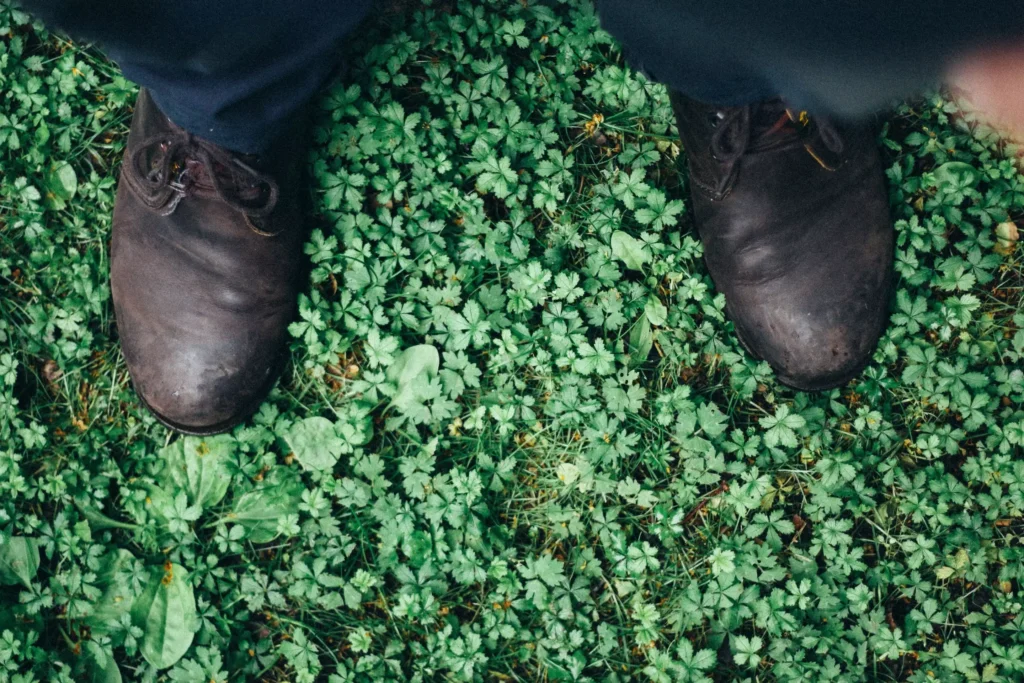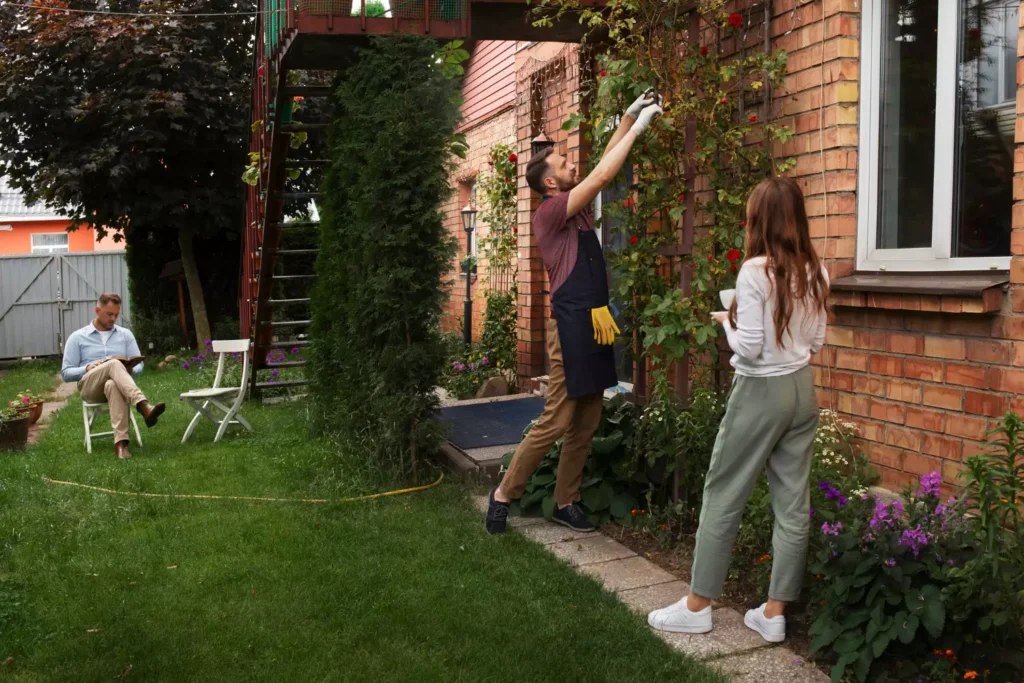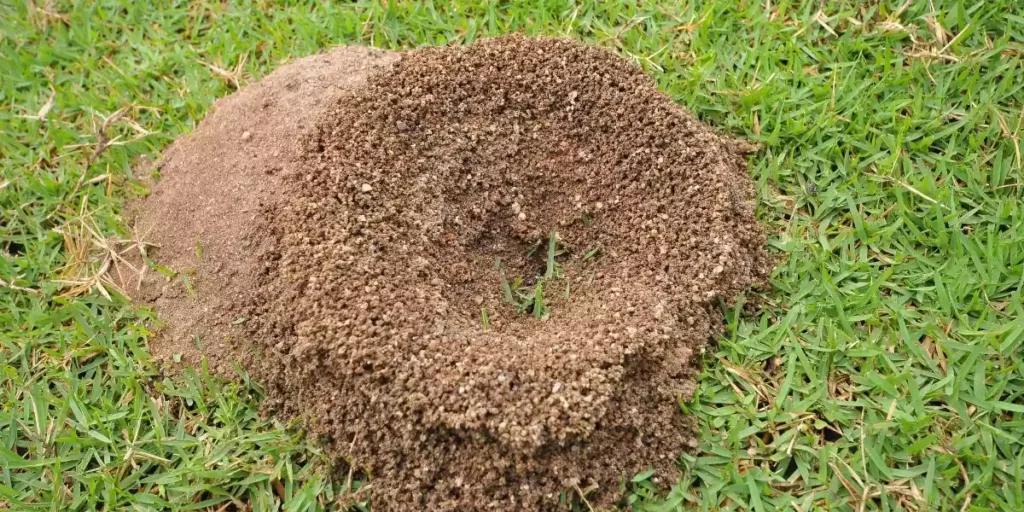Composting is a fantastic way to reduce waste, save money, and create nutrient-rich soil that can be used to grow healthy plants and vegetables. However, it’s essential to understand how to manage the process effectively to avoid negative impacts such as unpleasant odors, excessive moisture, and decreased quality.
Adding soil to compost can be beneficial in several ways. First, it can improve the quality of the compost by adding essential nutrients and microorganisms that help break down organic material. Second, it can speed up the composting process by providing a healthy environment for microbes to thrive. Lastly, it can help neutralize unpleasant odors that may arise during the composting process.
However, it’s essential to consider the type and amount of soil added to avoid negative impacts such as excessive moisture, decreased quality, and unwanted pests.
In the following sections, I will explore these considerations and provide tips for managing the process effectively.
Key Takeaways
- Adding soil to compost can improve its quality by providing nutrients, increasing microbial count, and acting as a bio-filter.
- Soil should be screened and mixed with other materials before adding to compost bins, and soil with artificial additives or unknown chemical applications should be avoided.
- The amount of soil added should not exceed 10% of the compost volume, and too much or too little can negatively impact the composting process.
- Factors such as compost age, moisture level, and ingredient balance should be considered when adding soil to compost.
Can you Add Soil into a Compost Bin?
Soil is an essential ingredient in composting as it contains microorganisms that help break down organic materials, making it an excellent compost activator and inoculant. Additionally, soil adds essential nutrients like nitrogen, phosphorus, and potassium that are crucial for plant growth.
You can add soil to your compost bin, but it’s essential to screen it and mix it with other materials before adding it. Avoid soil with artificial additives, rocks, or pebbles, and soil from fields with unknown chemical applications.
The general rule for adding organic material to compost is one cubic yard per 100 square feet of garden space. However, two inches of soil can be added to mask odor or deter flying bugs, but the soil should not exceed 10% of the compost volume.
For best results, add two to three shovels of soil for every six inches of compost matter and mix them into the pile. Remember, adding too much soil can cause the compost to decompose slowly, while too little can cause it to decompose too quickly.
What Type of Soil Can I Add to the Compost?
The perfect addition to a thriving compost is loam, a soil composition that incorporates sand, silt, clay, and organic matter. Loam is the ideal soil for compost because of its balanced composition, which provides the necessary nutrients for microorganisms to thrive.
Adding loam to compost also aids in aeration and helps to improve the overall quality of the compost.
Here are some things to keep in mind when adding soil to compost:
- Look for loam that’s free of rocks, pebbles, and artificial additives.
- Be cautious of soil from fields with unknown chemical applications.
- Screen and mix the soil with other materials before adding it to compost bins.
The general rule for adding organic material to compost is one cubic yard per 100 square feet of garden space. So, avoid adding too much soil to the compost, as this can cause it to decompose too slowly, while too little can cause it to decompose too quickly.
How Much Soil Should I Add To the Compost?
Adding the right amount of soil to your compost pile is crucial for achieving optimal decomposition and nutrient balance. As a general rule, you should add two to three shovels of soil for every six inches of compost matter. This helps to provide a balanced composition of sand, silt, clay, and organic matter, which is essential for creating a healthy environment for microorganisms to thrive.
However, it’s important to be mindful of the amount of soil you add to your compost. Adding too much soil can cause the compost to decompose slowly, while too little can cause it to decompose too quickly. Anaerobic conditions caused by adding too much material at once can inhibit decomposition and produce unpleasant odors.
Therefore, it’s crucial to monitor the amount of soil you add to your compost and adjust as needed to ensure that the process remains efficient and effective.
Can Anything Go Bad After Adding Soil Into The Compost?
From what I’ve read, adding soil could potentially add too much moisture or water to the compost. This could create a slimy pile that attracts unwanted pests.
Additionally, the soil could change the overall acidity of the compost, which could affect its effectiveness at breaking down organic matter.
It’s definitely something to consider before adding soil to my compost.
It Could Add Too Much Moisture Or Water
Excessive soil in compost can be like pouring gasoline on a fire, causing an overabundance of moisture that can hinder the decomposition process. While some soil is necessary to provide important nutrients and aeration, adding too much can cause problems.
When soil is added to compost, it can become wet and slimy, attracting unwanted pests and creating an unpleasant odor. To prevent this issue, it’s important to add soil in moderation and mix it thoroughly with other composting materials.
It’s also important to avoid adding wet soil, as this can exacerbate the problem. By carefully managing the amount of soil added to compost, it’s possible to create a healthy, nutrient-rich environment that will promote rapid decomposition. This will create a high-quality compost that can be used to nourish plants and promote healthy growth.
It Could Invite Unwanted Pests
Too much soil in your compost can attract unwanted pests and create an environment that is not conducive to healthy decomposition. As a compost enthusiast, I’ve learned that adding soil to compost can be beneficial, but it should be done in moderation.
Adding too much soil can create a slimy pile that invites pests like rodents, millipedes, and centipedes. To avoid attracting pests, it’s important to add soil in thin layers, mixing it well with other organic materials.
Moreover, it’s essential to avoid adding soil from fields with unknown chemical applications or soil with artificial additives, rocks, or pebbles. If you want to keep pests away, you should also avoid adding too much wet soil and grass clippings, which can create slimy piles.
Instead, add dry materials like straw, leaves, and wood chips to balance the moisture content and create an environment that is conducive to healthy decomposition. By following these tips, you can enjoy the benefits of adding soil to compost without inviting unwanted pests.
It Could Change The Overall Acidity Of Your Compost
If you’re not careful when incorporating soil into your compost, its pH levels may change, potentially affecting the overall health of your plants and gardens. The type of soil you add to your compost can have a significant impact on its acidity.
For example, adding soil with a high pH level, such as alkaline soil, can make your compost more basic, which may negatively affect acid-loving plants like blueberries and azaleas. On the other hand, adding soil with a low pH level, such as acidic soil, can make your compost more acidic, which may harm plants that prefer a more neutral pH level, like tomatoes and peppers.
To prevent changes in your compost’s acidity, it’s important to choose the right type of soil and monitor its pH levels. Loam soil, which has a balanced composition of sand, silt, clay, and organic matter, is the best option for most composts.
Additionally, regularly testing the pH levels of your compost and adjusting them with natural additives like ground limestone or wood ash can help maintain a healthy balance. By being mindful of the acidity of your compost, you can ensure that it remains a nutrient-rich and beneficial addition to your garden.
Is There A Good Moment to Add Soil to a Compost Bin?
Adding soil to a compost bin at the right moment is crucial for improving compost quality and aiding in the decomposition process. Ideally, soil should be added in small amounts throughout the composting process, rather than all at once. Adding too much soil at once can cause anaerobic conditions that inhibit decomposition and produce unpleasant odors.
It’s best to add two to three shovels of soil for every six inches of compost matter and mix them into the pile. The best moment to add soil to a compost bin is after the first layer of organic matter has been added, followed by a layer of dry materials. This will create a good balance of carbon and nitrogen, which are essential for the decomposition process.
Adding soil at this point will provide the necessary microbes and nutrients to speed up the composting process and improve its quality. Remember to screen and mix the soil with other materials before adding it to the compost bin, and avoid soil with artificial additives or unknown chemical applications. By adding soil at the right moment and in the right way, you can help create a healthy, nutrient-rich compost for your garden.
Conclusion
So, can you add soil to compost? Yes, you can! Adding soil to your compost can improve its quality and speed up the composting process. However, it’s important to consider the type and amount of soil added to avoid negative impacts.
For example, my friend added too much clay soil to her compost, which resulted in excessive moisture and a decrease in quality. She also noticed that unwanted pests, such as ants, were attracted to her compost. However, after adjusting the amount and type of soil added, she was able to successfully improve her compost and create nutrient-rich soil for her garden.
When adding soil to your compost, be sure to use a mix of organic and mineral-rich soils, such as garden soil, coconut coir, or peat moss. Additionally, only add soil in small amounts, as too much soil can create a sludgy, compacted mess. It’s also important to mix the soil well with the compost to ensure proper aeration and prevent clumping.
Overall, adding soil to your compost can be a beneficial way to improve its quality and create nutrient-rich soil for your garden. Just be sure to consider the type and amount of soil added to avoid negative impacts and manage the process effectively.




